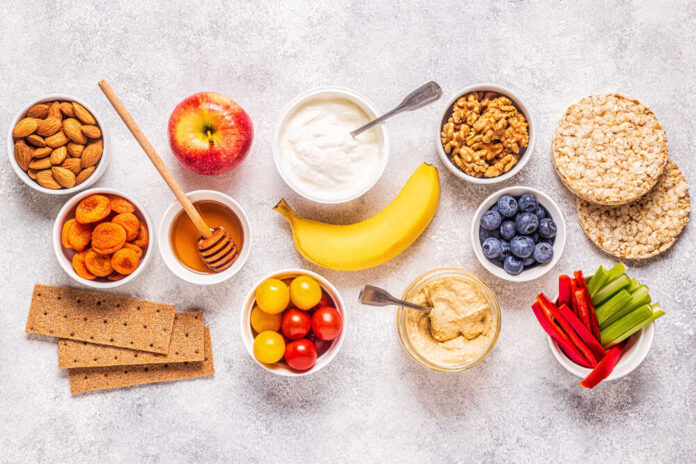
In recent years, researchers have uncovered a complex web of connections between the foods we consume and the intricate workings of our brains.
A new study published in Cell Metabolism brings to light the impact that high-fat, high-sugar snacks can have on our brains and eating habits.
This information is crucial in understanding the factors that contribute to overeating and weight gain, and in helping us make healthier dietary choices.
High-Fat, High-Sugar Snacks And Their Effects On The Brain
The study included normal-weight participants who ate either a high-fat/high-sugar yogurt snack or a low-fat/low-sugar yogurt snack every day for 8 weeks, in addition to their regular diets.
The results showed that those who consumed high-fat, high-sugar snacks experienced a decrease in their preference for low-fat foods.
These findings suggest that some snacks may have a direct impact on the brain’s reward processing system, influencing the choices you make and potentially leading to overeating and weight gain.
The Role Of Dopamine And Reward Processing
Dopamine, a neurotransmitter involved in the brain’s reward system, plays a significant role in the regulation of appetite and eating behaviors.
Prior research has shown a link between obesity and altered brain dopamine function, but it was unclear whether these alterations were a result of pre-existing conditions or a direct effect of exposure to a high-fat, high-sugar diet.
This new study’s findings support the idea that repeated exposure to high-fat, high-sugar foods can cause changes in the brain’s dopamine system, regardless of changes in body weight or metabolic factors. This suggests that the brain’s reward system can be manipulated by the consumption of such foods, increasing the risk of overeating and weight gain.
Making Healthier Snack Choices
It’s easy to tell yourself, “just one little snack won’t hurt.”
Moderation is key, right?
But in light of this recent study’s findings, we may need to rethink this idea.
While moderation may seem like a reasonable approach, the fact that some tasty treats rewire our brain’s reward system and influence our preferences makes it all the more important to be mindful of our snack choices.
Each unhealthy snack can potentially put you at risk of falling into a vicious cycle of binging on more and more unhealthy snacks.
Here are some healthier snack alternatives to help you make better choices:
- Fresh fruit: Apples, berries, oranges, and other fruits provide natural sweetness along with essential vitamins and fiber.
- Raw vegetables: Carrots, celery, cucumber, and bell peppers are excellent choices for a low-calorie, nutrient-rich snack. Pair them with a healthy dip like hummus or yogurt-based dressing for added flavor.
- Nuts and seeds: Almonds, walnuts, and sunflower seeds are good sources of healthy fats, protein, and fiber, and can help to satisfy hunger between meals. Opt for unsalted varieties to minimize sodium intake.
- Whole-grain snacks: Whole-grain crackers or rice cakes can provide a satisfying crunch without the added fat and sugar found in typical snack foods. Pair them with low-fat cheese or nut butter for a more filling option.
- Yogurt: Choose a low-fat, low-sugar yogurt for a protein-packed snack. You can enhance the flavor by adding fresh fruit, nuts, or a drizzle of honey.
- Air-popped popcorn: This low-calorie snack can be enjoyed in moderation, and you can season it with your favorite spices for a personalized flavor.
- Dark chocolate: If you have a sweet tooth, opt for a small serving of dark chocolate, which contains less sugar and fat than milk chocolate and is a source of antioxidants.
- Smoothies: Blend your favorite fruits and vegetables with low-fat yogurt or milk to create a nutritious, refreshing snack.
Developing and maintaining a pattern of healthy snacking is essential to supporting our overall health and well-being, and to prevent the negative consequences of altered brain reward processing.






















